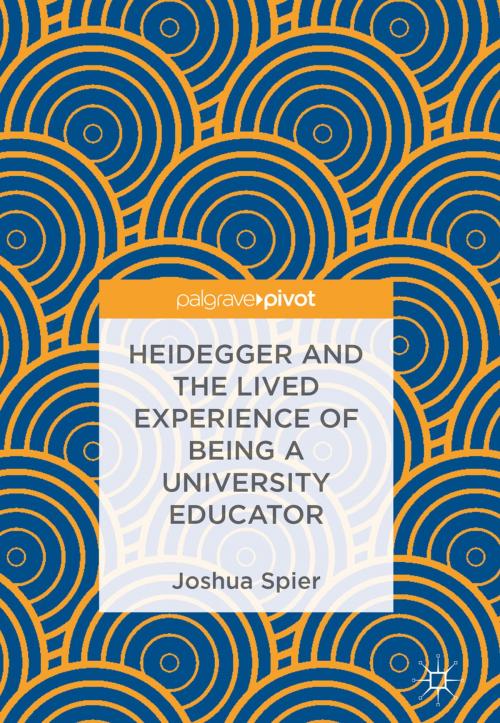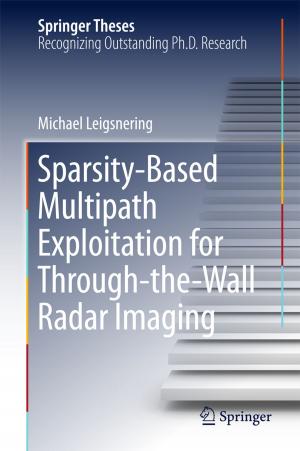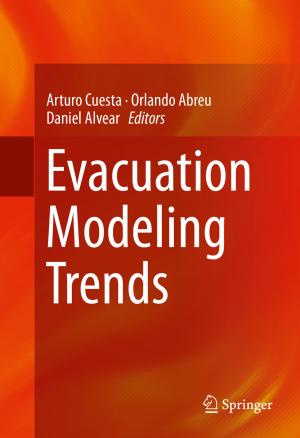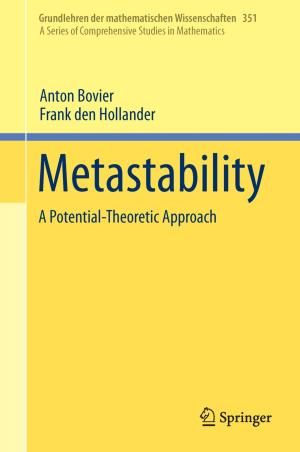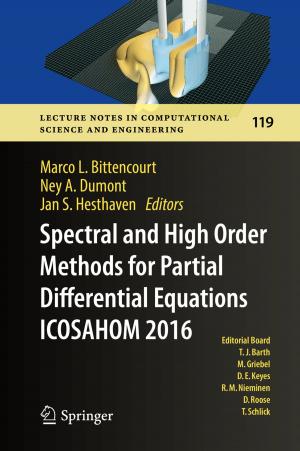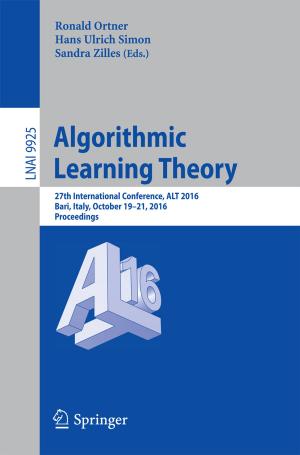Heidegger and the Lived Experience of Being a University Educator
Nonfiction, Reference & Language, Education & Teaching, Educational Theory, Philosophy & Social Aspects, Higher Education| Author: | Joshua Spier | ISBN: | 9783319715162 |
| Publisher: | Springer International Publishing | Publication: | February 9, 2018 |
| Imprint: | Palgrave Pivot | Language: | English |
| Author: | Joshua Spier |
| ISBN: | 9783319715162 |
| Publisher: | Springer International Publishing |
| Publication: | February 9, 2018 |
| Imprint: | Palgrave Pivot |
| Language: | English |
This book explores the lived meanings of being a university educator from an existential perspective. The book enriches our understanding of educators' experiences in light of Martin Heidegger's early philosophy, and vice versa (opening our understanding of Heidegger's philosophy through educators' experiences). Also drawing on the philosophical insights of Hans-Georg Gadamer, the book situates the purposes and experiences of the ‘educator’ in historical and contemporary contexts. In doing so, the author reveals that being a university educator is essentially characterised by conversation and time. Inspired by the author’s own experiences of teaching community development and sociology within a youth-work specific bachelor degree, the book invites educators to apply existential philosophy as a tool to reflect upon their own experiences and to reconnect with the question of what it means to be an educator in their shared world of practice. This thoughtful volume is sure to resonate with the experiences of readers who educate within a university context.
This book explores the lived meanings of being a university educator from an existential perspective. The book enriches our understanding of educators' experiences in light of Martin Heidegger's early philosophy, and vice versa (opening our understanding of Heidegger's philosophy through educators' experiences). Also drawing on the philosophical insights of Hans-Georg Gadamer, the book situates the purposes and experiences of the ‘educator’ in historical and contemporary contexts. In doing so, the author reveals that being a university educator is essentially characterised by conversation and time. Inspired by the author’s own experiences of teaching community development and sociology within a youth-work specific bachelor degree, the book invites educators to apply existential philosophy as a tool to reflect upon their own experiences and to reconnect with the question of what it means to be an educator in their shared world of practice. This thoughtful volume is sure to resonate with the experiences of readers who educate within a university context.
